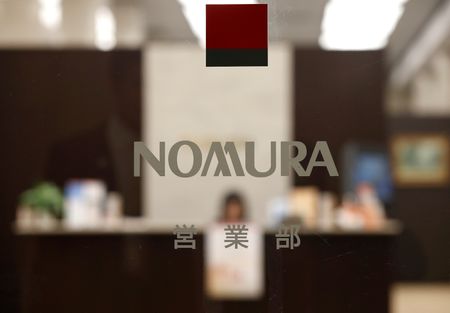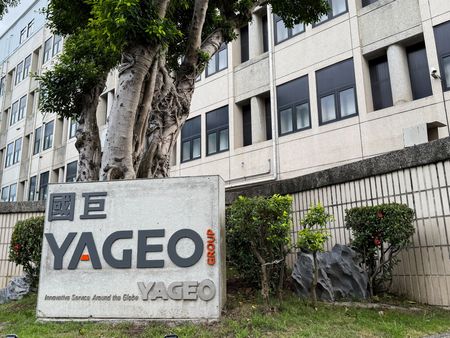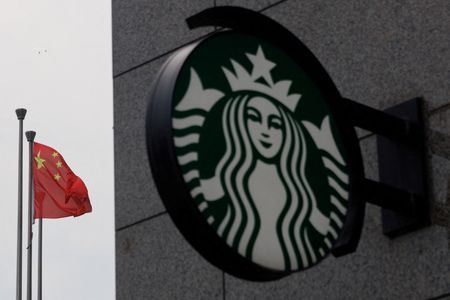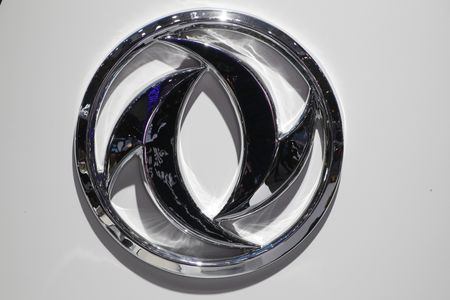By Anton Bridge
TOKYO (Reuters) -Nomura Holdings doubled quarterly profit, helped by a surge in trading revenue and deals advisory fees as Japan’s top brokerage and investment bank pushes ahead with its strategy of diversifying revenue streams and cutting costs to boost growth.
Nomura posted its seventh consecutive quarter of income growth on Wednesday in the three months ended December as its wholesale division, made up of investment banking and global markets units, reinforced its comeback after several years of underperformance.
Income in the October-December period was its highest since the first quarter of 2020, coming in at 101.44 billion yen ($661.7 million) compared with 50.55 billion yen a year earlier.
“We are seeing the results of our medium to long-term strategy by growing our stable revenues and diversifying our revenue streams, while effectively controlling costs and capital,” Nomura CEO Kentaro Okada said in a statement.
“This reinforces our confidence in our current direction,” Okada added.
The results underline Nomura’s dominant position among Japanese securities firms this year as it widens the income gap with its competitors.
Smaller rivals Daiwa Securities and Mizuho Securities last week posted robust quarterly income growth of 64% and 340% respectively, but still trail Nomura’s profit over the quarter by a factor of more than two.
CUSTOMERS UNDETERRED BY BOND TRADING SCANDAL
The global markets unit clocked a 39% rise in net revenue compared to the same period in the previous year on growth in all overseas regions, and especially in equity derivatives products in the Americas.
The unit’s performance indicates customers outside Japan were undeterred by a bond trading scandal that saw Nomura temporarily stripped of its status as a primary dealer of government bonds and fined 21.8 million yen by Japan’s securities watchdog last year.
Nomura won several major cross-border M&A advisory deals while its equity capital markets business captured fees from companies’ disposals of their cross shareholdings and the initial public offerings of Japanese firms such as Tokyo Metro, Rigaku and Kioxia.
Nomura’s results were dampened by its investment management division, which saw a 41% drop in income on the previous quarter due to a reduced valuation gain on its 41% holding in investment management firm American Century Investments compared with the previous quarter.
However, inflows to asset management products remained robust, helping the segment grow income 21% year-on-year.
The wealth management division booked a slight drop in revenue on fewer Japanese stock and bond transactions, but pre-tax income grew 2% on the previous quarter and 45% on the previous year thanks to successful cost-cutting initiatives.
($1 = 153.3100 yen)
(Reporting by Anton Bridge; Editing by Shri Navaratnam, Kate Mayberry and Emelia Sithole-Matarise)











